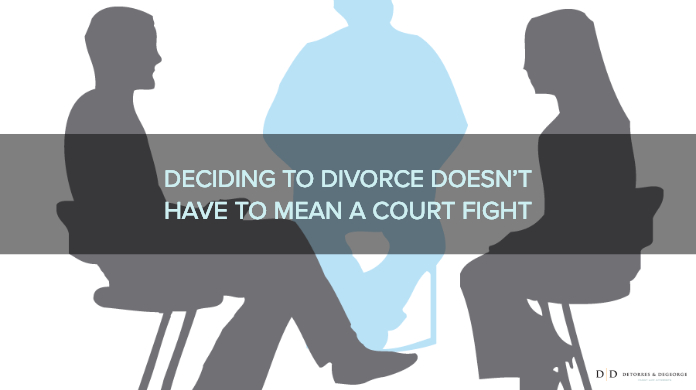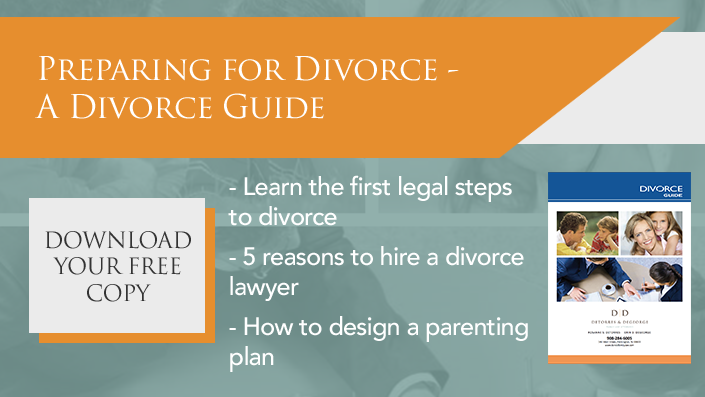 For many people, when they think of divorce, they immediately go to a “Kramer v. Kramer” scenario: a bitter court battle, complete with feuding attorneys and courtroom dramatics. While this certainly is the situation in some cases, the vast majority of divorces resolve via a settlement agreement long before they are set for trial. In fact, there are a variety of alternatives to trial that prevent you from ever having to go to court at all.
For many people, when they think of divorce, they immediately go to a “Kramer v. Kramer” scenario: a bitter court battle, complete with feuding attorneys and courtroom dramatics. While this certainly is the situation in some cases, the vast majority of divorces resolve via a settlement agreement long before they are set for trial. In fact, there are a variety of alternatives to trial that prevent you from ever having to go to court at all.
Negotiation between attorneys
While it may seem that the divorce process is supposed to be adversarial in nature, it does not always have to be. Attorneys will always zealously represent their client and keep their specific client’s best interest at heart, but that representation does not always need to be combative. There are many situations in which an attorney may begin a case by reaching out to the other attorney and asking that they proceed in an amicable fashion for the benefit of the parties and their family. This may not always be possible depending on the specific facts and circumstances of each case, but many, many cases are fully resolved simply via the negotiations between parties, facilitated through their respective counsel.
Mediation
One of the most common forms of alternative dispute resolution that is utilized in divorce proceedings is mediation. A mediator is a neutral individual who will sit with the parties – and counsel if they so desire – to try to negotiate a settlement of all of the issues in their divorce. A mediator cannot take a position as to the fairness of the deal that is negotiated by the parties, but he or she will guide the parties with regard to the law, and potentially how a local judge might rule on the issue if it were to come before him/her. In the event that the parties reach an agreement in mediation, the mediator will draft a memorandum of understanding, which outlines the terms of the agreement. It is important to know, especially if you elect to attend mediation without your attorney, that if you sign the memorandum of understanding while at mediation, it becomes an enforceable agreement, even if one party later tries to renege. If a memorandum is drafted but not signed, it is considered to be an agreement but is not enforceable until signed by the parties.
Collaborative Divorce
Collaborative divorce is another form of alternative dispute resolution. In collaborative divorce cases, both parties must hire attorneys who have been specially trained in collaborative divorce. In many situations, a collaborative divorce includes other specialists, such as therapists, financial planners, and accountants. These specialists are present in order to answer questions and better facilitate a divorce agreement that is acceptable to both parties in a more peaceful, less adversarial setting. One aspect of collaborative divorce that is important to note, however, is that in the event that you and your spouse are unable to resolve your matter in the collaborative divorce setting, you are required to each find new counsel to represent you in the divorce proceeding. This may result in additional fees and costs in the event the collaborative effort fails.
Regardless of what direction you choose, divorce does not always need to be a courtroom drama. If you are interested in resolving your divorce through one of these routes, contact the attorneys of DeTorres & DeGeorge to schedule a consultation.


 START LIVE CHAT
START LIVE CHAT











